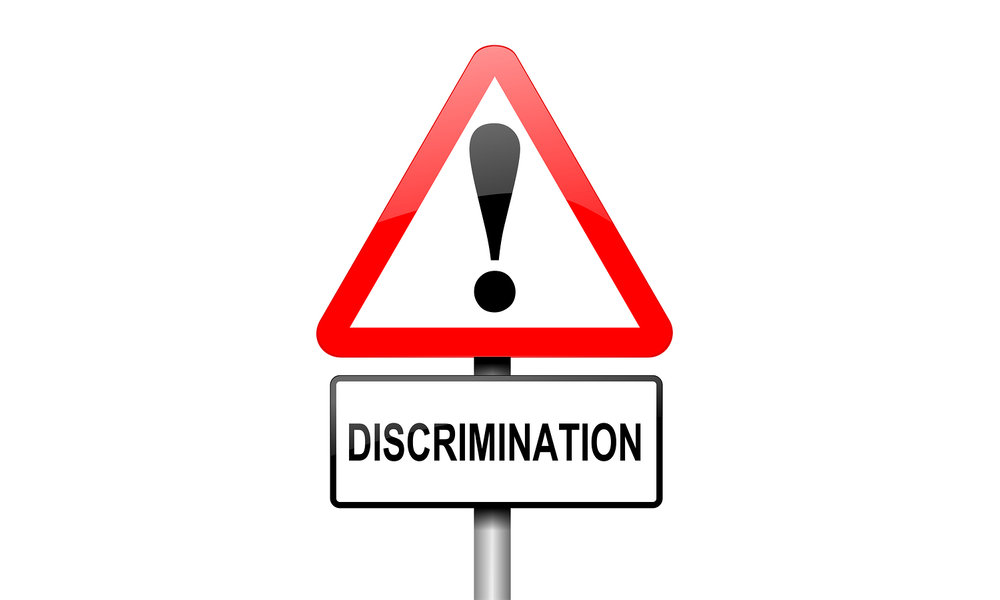Our Oakland workplace harassment law firm has recently learned that minimum wage activists have won a big and important victory in California this spring. On April 4, California Governor Jerry Brown signed into state law new legislation that will raise the state’s minimum wage from $10 an hour to $15 an hour by the year 2023, making California the first state to boost the minimum wage to that level. In fact, it is the highest minimum wage in the world, and it is one more example of California leading the nation with its progressive approach to the rights of employees and the concerns of working families. Both chambers of California’s state legislature approved the new legislation.
Raising the minimum wage is an issue for many Democratic candidates in this election year. Democratic presidential candidate U.S. Senator Bernie Sanders, for example, has advocated raising the federal minimum wage to $15 an hour by 2020. The same day that Governor Brown signed the legislation raising the minimum wage in California, New York Governor Andrew Cuomo signed a new bill that will eventually raise the minimum wage in New York City to $15 per hour.
Both California and New York had already raised their minimum wages once in the previous few months. The state of New York increased its minimum wage from $8.75 to $9 an hour in December 2015, and California increased its minimum wage from $9 to $10 an hour at the beginning of the year. In the United States, only Washington, D.C.’s minimum wage is currently higher at $10.50 per hour. The federal minimum wage has remained fixed at $7.25 an hour since 2009.
WHAT IS THE IMPACT OF A HIGHER MINIMUM WAGE?
The higher minimum wage will help a lot of people. Housing costs, for example, are a particular problem for California’s low-income residents. Many parts of the state – particularly along the coast and within commuting distance of Los Angeles, San Francisco, and Silicon Valley – face a shortage of affordable housing, and residential rental costs in California are the second-highest in the nation (behind Hawaii). “This is about creating a little tiny bit of balance in a system that every day becomes more unbalanced,” Governor Brown said regarding the new law.
Opposition to a higher minimum wage is based on the concern that a higher wage will lead to wider unemployment. Economic consultant Christopher Thornberg, for example, the founding partner at Beacon Economics, believes that increasing minimum wages does not reduce poverty because low-paid workers are the most at risk for losing their jobs when employers need to reduce their costs. Businesses may simply refuse to pay $15 an hour for entry-level, low-skilled workers, according to Thornberg.
James Sherk, a research fellow in labor economics at The Heritage Foundation, also thinks the higher minimum wage will have a negative impact on the most vulnerable workers. Sherk writes, “California is proposing a historically unprecedented minimum wage increase. No country in the developed world has raised their minimum wage that high. Even left-leaning European governments that embrace activist government labor market regulation understand raising the minimum wage that high would hurt vulnerable workers,” he added.
Apparently, however, many lawmakers across the United States are more optimistic. Fourteen states and several cities, for instance, began 2016 with increases in the minimum wage, typically phasing in raises that will ultimately take those states and cities to a minimum wage between $10 and $15 an hour. According to the governor’s office, 2.2 million Californians currently earn the state minimum wage of $10 an hour. The new legislation requires the state’s larger businesses to raise their minimum wage to $15 an hour by 2022, and smaller employers will have until 2023.
WHAT OTHER PROTECTIONS DO CALIFORNIA WORKERS HAVE?
The $15 minimum wage is just the most recent in a recent string of important victories for employees’ rights in California. The new California Fair Pay Act went into effect this year in January, and it requires employers to pay women and men with “substantially similar positions” the same wage. Last year, the state’s lawmakers passed a number of pro-employee measures including new paid sick leave and new protections against employer retaliations.
California’s Fair Employment and Housing Act of 1959 – FEHA – provides substantial legal protections to employees in this state. Under FEHA, an employer in California may not terminate, suspend, demote, or otherwise take any action whatsoever against an employee for reasons of discrimination or retaliation. FEHA protects employees from discrimination on the basis of age (if a worker is age 40 or over), ancestry or national origin, medical condition or physical or mental disability, religion, gender, marital status, or sexual orientation. When an employer discriminates against an employee in this state, that worker will need to consult an experienced California employment rights attorney.
WHAT ARE AN EMPLOYEE’S LEGAL RIGHTS?
FEHA additionally gives employees in California legal protection from employers who fail to take all reasonable steps to prevent discrimination and harassment and from employers who fail to make reasonable accommodations for a physical or mental disability or for a pregnancy. Employees are protected in their workplaces by California law from discrimination based on race, color, nationality, age, disability, gender, religion, or pregnancy. Employees have considerable legal rights in California. Those rights include but are not limited to:
- limits on drug testing
- freedom from discrimination
- rights related to wage and hour laws
- the rights of workers to return to their former jobs after serving in the military
- unpaid leave for births, adoptions, or serious health conditions
- the right to unionize
- freedom from disciplinary action or termination for serving on a jury
- the right of advance notice of plant closings or mass layoffs
- health and safety rights in the workplace
- privacy rights in the workplace
- workers’ compensation and unemployment benefits
While an employer may terminate employees “at will” in this state, a California employer cannot terminate anyone for a reason based on discrimination or on retaliation. When that happens, a victim will need to retain legal representation from an experienced California employment rights attorney. California’s courts are dedicated to enforcing the many laws that protect this state’s workers, so if an employee can prove that his or her employment rights have been violated by an employer, that employee will probably prevail in any legal action.










